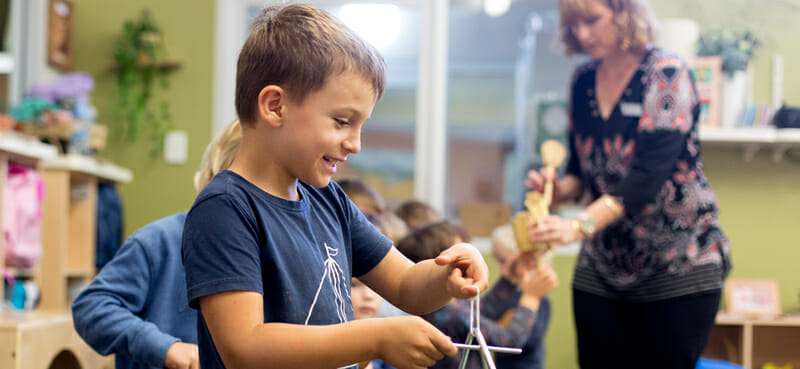
Music to inspire and grow young minds
Music is all around us – it plays a huge role in our culture and touches every part of our lives, whether it’s from singing and dancing, listening to the radio, watching TV, going to the theatre, church, concerts or simply hearing music in your local supermarket! We listen to music from the minute we are born, and maybe even earlier… Music is used to comfort, celebrate, learn and lift our spirits.
Why is music so important?
As well as providing us with entertainment and joy, there are many studies that highlight the benefits of introducing music to early childhood education as part of a child’s overall development. Music can create a sense of belonging and connection to a community and to their family. There are many positive developmental outcomes, including:
- Intellectual, social and emotional skills;
- Language and literacy;
- Practicing fine and gross motor skills (think dancing and self-expression).
Also, did you know… Music helps children and adults alike, to strengthen their memory skills?
Let the music play…
Children enjoy music from as early as infancy through to adulthood. How can you bring music into your child’s life and help them develop their brains and bodies as well as provide them with music memories and joy? Here are some great ways you can bring music into your child’s life – at whichever stage they are at:
- Play soft, soothing melodies or lullabies to your infant to help them relax, feel safe and sleep – or make up simple short songs at bath time, when they’re eating or playing.
- Repeatedly play silly songs and nursery rhymes for your toddler – these help with their memory and making them laugh. You could try changing some of the words too.
- Have sing-alongs with your older child – encourage them to use instruments or clap their hands to musical rhythms.
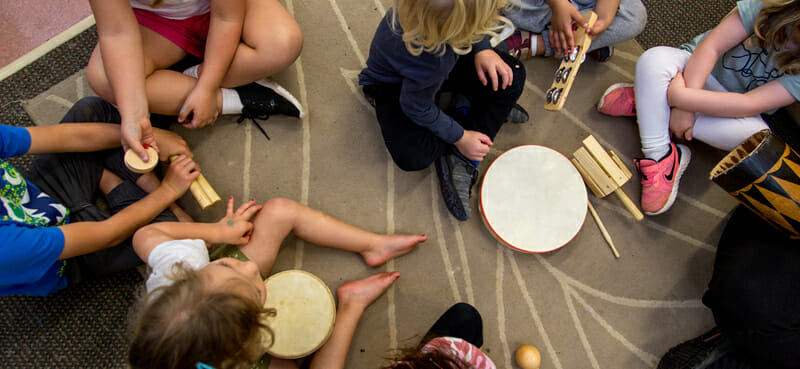
St Joseph’s Family Services Programs
Did you know music development is linked to math and literacy skills? As children learn to keep a beat and rhythm they are learning about patterns and sequences as they sing nursery rhymes and songs they are extending their vocabulary, learning about rhyming words and syllables in words.
An example of how this is incorporated from our Transition to School Calendar includes a creative arts focus that looks at different artists and ways of moving/dancing and drama experiences.
Music is a natural extension of many learning opportunities. We use the book ‘Giraffes can’t dance’ to introduce confidence to have a go at dancing and introducing different styles and types of dance to the children.
We also explore our emotions through music and how each piece of music makes us feel. This includes using classical and different cultural music such as Mozart, Scottish bagpipe music and Aboriginal didgeridoo music.
Sometimes we play different pieces of music and we ask children to paint to the music, incorporating creative arts styles together into one learning experience. We also explore sounds made by natural materials and musical instruments as we play games such as ‘What’s that sound?’ guessing which percussion instrument is being played behind the curtain sometimes make our own musical marching bands!
A simple sound experiment to try at home is putting different levels of water in glass jars and then tapping each jar listening for the different pitch made by the vibrations and amount of water in each jar. You can also make your own ‘guitars’ at home using recycled cereal boxes and elastic bands!
For more information, please contact us.
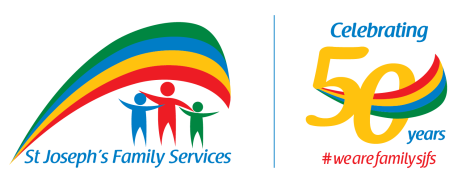

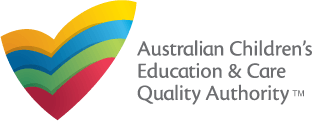

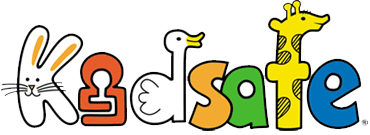

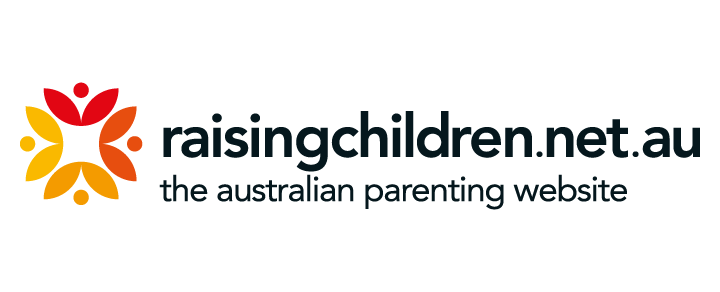
Leave A Comment